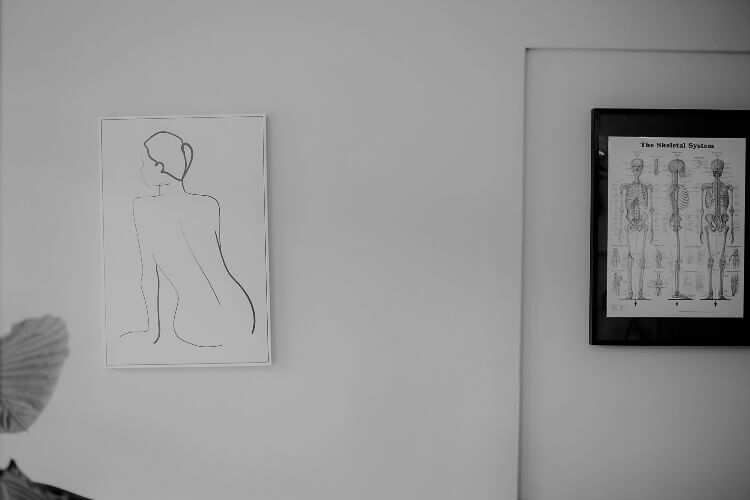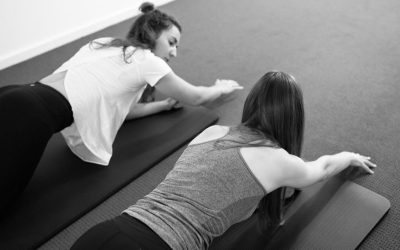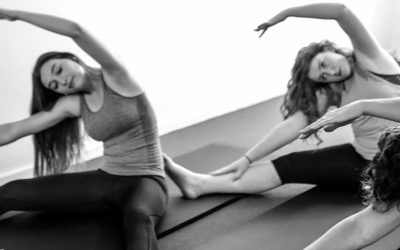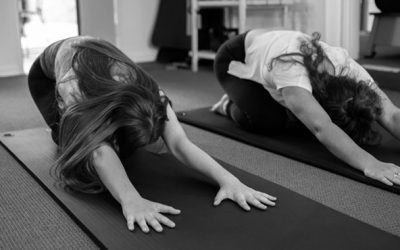Historically, it was believed there weren’t any differences between men and women apart from their reproductive function and size. Men were, and still largely are, seen as the “norm” or the “default” human, with studies over the years recruiting mainly men, or just no women at all. This leads to medical advancements unfairly benefitting men, and failing our women.
Women become misdiagnosed and poorly treated, or worse – plainly ignored. Medical care that fails women may not always be blamed on a practitioner though. How is a practitioner meant to correctly treat and advise female-specific care if they did not receive the training? How are they meant to receive the training when there is minimal and poor-quality research evidence to inform their training in the first place?
This is the gender data gap.
A gap in our research data to comprehensively train our health professionals (and the general public) in female-body specific care so that we are not failed by the system.
Common examples of how male-centric medicine negatively impacts the health of women every day:
- Coronary artery disease: under-recognition of heart disease and different clinical presentation in women leads to less assertive treatment and a lower representation of women in clinical trails
- Women are much more likely to receive psychiatric diagnosis for various conditions including stroke, cardiac events, IBS, autoimmune disorders, neurological disorders and more. Men are more likely to be referred for tests.
- Women and men have significantly different responses to pain
- Women present with non-traditional symptoms of stroke
- Women metabolise prescription drugs differently
This is the sad and angry reality of medicine for women. The “one size fits men” approach. Women are biologically different from men – we are not “little men”.
LET’S CHANGE THIS – A WOMENS HEALTH REVOLUTION
Dr Alyson J. McGreggor, author of Sex Matters, writes we are in the midst of a second women’s revolution. We need a change based on indisputable facts available on women’s health and bodies, in all areas, not just sex and reproduction.
Angrily, if you are female, your chances of misdiagnosis and mistreatment are common, so ensuring you are aware your body functions differently to man’s and questioning your health care provider can mean the difference between defective or life-changing treatment.
AWARENESS & ADVOCACY
The most powerful way to change things: being aware, and embodying advocacy.
We need you and your voice, questioning, and educated decisions to push this women’s health revolution.
Next time you’re at an appointment, ask your practitioner whether the assessment, tests, drugs, treatment, therapy etc. has been tried and tested females, or whether they know how if manifests differently in a woman. Choose an enlightened and receptive health care practitioner to stand alongside you and treat you according to your sex.
Seed exists not only to serve women the most female-centred care, but to begin to pull this data gap smaller. Speak up when you feel like something is wrong and don’t be afraid to shop around if you feel like you’re not being listened to.




